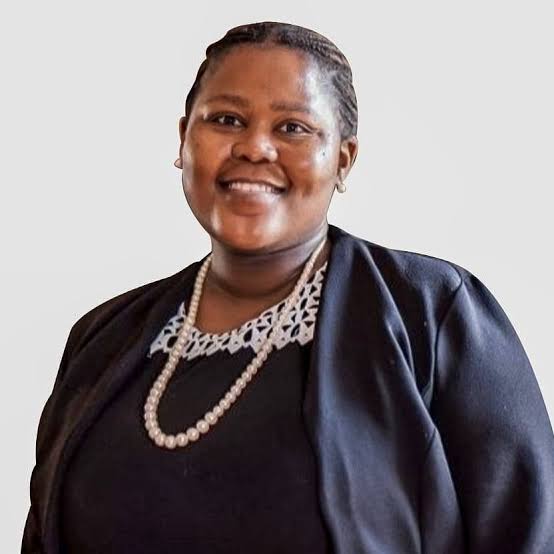By Johnathan Paoli
There has been a concerning regression of women in political power following the general elections despite the Constitution and policy frameworks that advocate for gender parity.
A provincial thought leadership seminar hosted by the Independent Electoral Commission (IEC) heard this week that South Africa was not moving in the right direction on the number of women in Cabinet positions.
“The May elections might have had an impact on removing the African National Congress from majority rule, but it is also linked to the decline of women in public office. Women are the majority, 55% voted in elections, and yet they remain unrepresented,” Public Service Commission deputy chairperson Zukiswa Mqolombo told the meeting.
Illustrating her point, Mqolomba described the composition of the Government of National Unity as one woman in a sea of men.
According to an audit conducted by Gender Links, the number of women ministers declined from 50% in 2019 to 44% in 2024, while women deputy ministersdecreased from 46% to 40%.
Even more alarming was the decrease in women premiers, from 44% in 2019 to 22% this year.
Mqolomba said that in terms of impact, the lack of women in political leadership positions meant that the country was relying on men to represent women’s interests.
“You cannot have men making decisions about the lived experience of women and policy affecting women without women being present,” she said.
IEC vice-chairperson Janet Love highlighted the fact that women remained subjected to challenges that went beyond mere representation.
“Women in the political landscape, at the end of everything, is not simply about numbers, but rather about power, and the sources of power,” Love said.
She stressed the triple burden often experienced by women – reproduction, production and community – and how women were presumed to assume responsibility, which effectively undermined the extent to which they could participate in politics.
Love said that despite the gains made over the last three decades, it remained concerning that there had been a regression of women participation in politics, with only 45% of elected representatives being women.
While the government needed to do more, she also stressed the important role played by other sectors of society and women themselves.
“We do not have a movement that draws people together from across the political landscape, and the networking between women and solidarity is lacking,” Love said.
Gender Links senior researcher Susan Tolmay discussed the role of political parties in addressing these gender challenges.
Tolmay said at present, only the ANC and the Economic Freedom Fighters have progressive strategies in their manifestos concerning gender disparity and it should become an electoral issue to put parties under pressure.
She said that some of the factors that had led to the decrease included political will and political gatekeeping.
Tolmay said the introduction of gender quotas for party members could assist. Research showed that parties with quotas had more women, while representation declined in those without quotas.
She called for more systematic monitoring and accountability, for civil society to work more closely with the government, the changing of societal attitudes and norms, building capacity and policy development.
Just as importantly, women needed to play a stronger role in ensuring transformation, albeit through elective power, in light of their majority, Tolmay said.
INSIDE POLITICS

